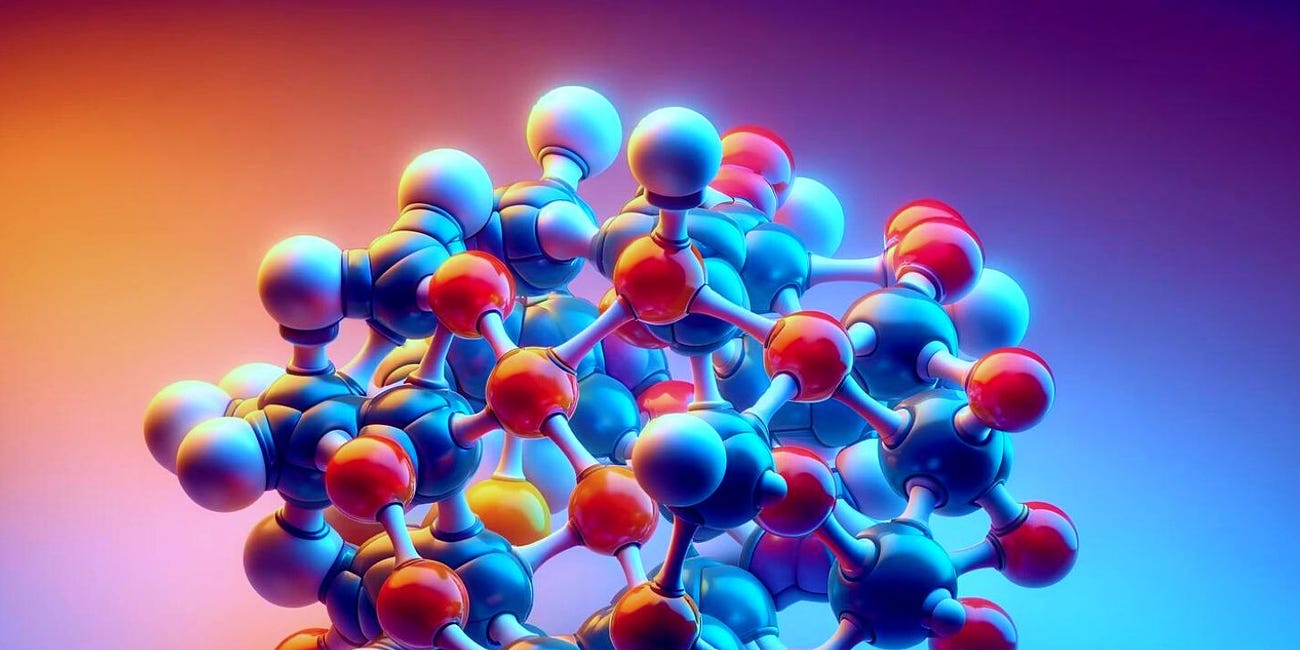
A new study published earlier this month in the International Journal of Biological Macromolecules confirms that an ingredient in mRNA COVID-19 injections called N1-methyl-pseudouridine (m1Ψ) increases cancer growth and spread.
m1Ψ is a component of the Pfizer Inc. and Moderna Inc. mRNA jabs.
The new study provides evidence “that adding 100 % of N1-methyl-pseudouridine (m1Ψ) to the mRNA vaccine in a melanoma model stimulated cancer growth and metastasis, while non-modified mRNA vaccines induced opposite results, thus suggesting that COVID-19 mRNA vaccines could aid cancer development.”
The authors point out how during the massive COVID vaccination campaigns, it was “frequently stated [that] the benefits [of taking the jab] outweigh the risks.”
“However, after the third dose, the risk exceeds the benefits, especially for the elderly and immunocompromised individuals, so health authorities should re-evaluate the real usefulness of continuing to administer boosters,” they argue.
The authors critique the jab further, explaining that there is increasing evidence that mRNA vaccines do not provide complete immunity, which could lead to repeated infections, and that the shots can disrupt crucial immune processes.
“Mounting evidence indicates that these vaccines, like many others, do not generate sterilizing immunity, leaving people vulnerable to recurrent infections,” they write. “Additionally, it has been discovered that the mRNA vaccines inhibit essential immunological pathways, thus impairing early interferon signaling.”
The evidence drove the authors to recommend future clinical trials that use mRNA vaccines with less m1Ψ in order to avoid weakening the immune system.
“Based on this compelling evidence, we suggest that future clinical trials for cancers or infectious diseases should not use mRNA vaccines with a 100 % m1Ψ modification, but rather ones with the lower percentage of m1Ψ modification to avoid immune suppression,” they conclude.
Meanwhile, another peer-reviewed study published this month in Cureus found significant increases in mortality rates of all cancer types in 2022 after the majority of the Japanese population received doses of the COVID mRNA shot.
“Statistically significant increases in age-adjusted mortality rates of all cancer and some specific types of cancer, namely, ovarian cancer, leukemia, prostate, lip/oral/pharyngeal, pancreatic, and breast cancers, were observed in 2022 after two-thirds of the Japanese population had received the third or later dose of SARS-CoV-2 mRNA-LNP vaccine,” the study reads.
(Tom: Just did several unsuccessful internet searches looking for what would remove, deactivate or otherwise mitigate the bodily harm from N1-methyl-pseudouridine.)
https://jonfleetwood.substack.com/p/mrna-covid-jab-ingredient-n1-methyl
